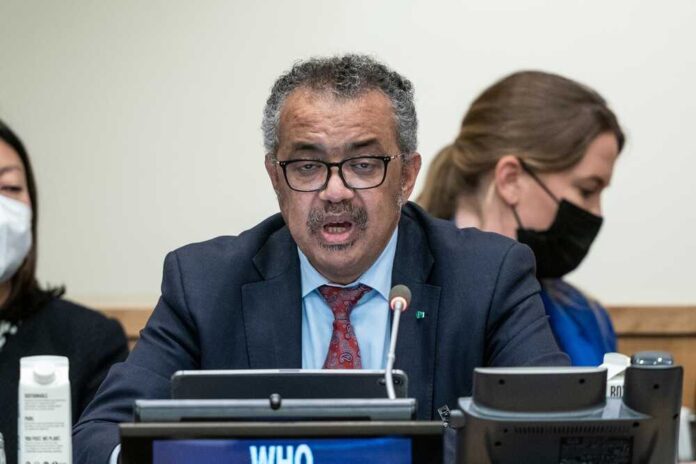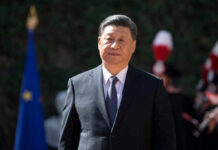
World Health Organization (WHO) Director-General Tedros Adhanom Ghebreyesus announced on Friday that the Wuhan coronavirus pandemic would no longer be classified as a Public Health Emergency of International Concern (PHEIC). This downgrade is a significant step as it signals the world’s progress against COVID-19 since the PHEIC declaration in January 2020.
According to the WHO, the change in classification is due to a decreasing trend in COVID-19 deaths, a decline in related hospitalizations and intensive care unit admissions, and high levels of population immunity to SARS-CoV-2. In addition, the organization cited factors such as high population-level immunity from infection and vaccination, consistent virulence of currently circulating Omicron sub-lineages, and improved clinical case management as key contributors to the global decline in COVID-19-related deaths, hospitalizations, and intensive care admissions.
WHAT IS NEXT IN YOUR AGENDA ??? W.H.O.: Coronavirus Pandemic No Longer a Global Health Emergency https://t.co/kRihz0k5yD
— deborah green (@NewaiGreen) May 5, 2023
With the change in designation, the WHO will now shift its focus to addressing the virus with changes to long-term care, transitioning from an ongoing emergency to a permanent challenge. However, the agency emphasized its commitment to continuing vaccine distribution and increasing access to these products for poorer nations. Emergency-approved vaccine products will remain available under their current licenses.
The WHO’s announcement also offered suggestions to governments worldwide, including integrating coronavirus vaccines into existing vaccine schedules for other diseases and ending all COVID-19 travel restrictions. This news comes after the WHO declined to end the emergency as recently as January 2023, citing that although the situation had improved, tens of thousands of coronavirus-related deaths were still being documented.
The downgrade of the COVID-19 pandemic from a PHEIC is a testament to global cooperation and progress in battling the virus. Tedros expressed hope for the future: “We remain hopeful that in the coming year, the world will transition to a new phase in which we reduce hospitalizations and deaths to the lowest possible level.”
The COVID-19 pandemic has undeniably changed the world and exposed weaknesses in global health systems. As Dr. Michael Ryan, the WHO’s emergencies chief, emphasized, it is now up to heads of state and leaders to decide how future health threats should be faced as countries negotiate a pandemic treaty.
The end of the PHEIC designation marks a symbolic end to the devastating pandemic. Still, it is not the end of the fight against the virus. With the ever-present risk of new variants, governments worldwide must remain vigilant and ensure that the lessons learned from this pandemic are not forgotten. Tedros noted, “Lives were lost that should not have been. We must promise ourselves and our children and grandchildren that we will never make those mistakes again.”
































